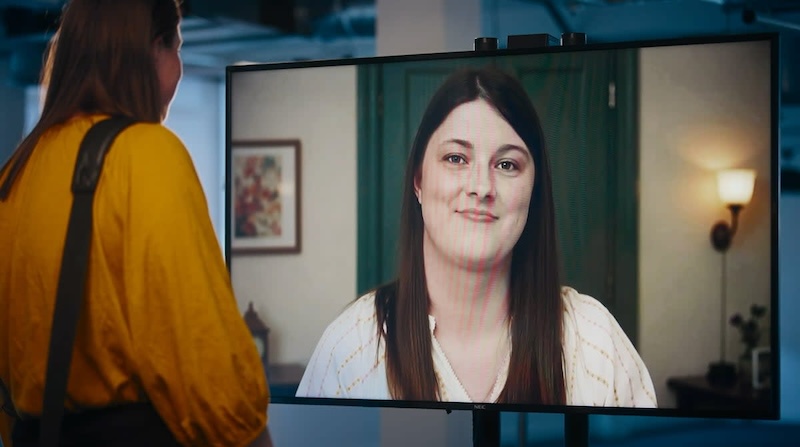Who triumphed?

This week on Channel 4, an AI law firm went up against a human trainee solicitor. The goal? To find out which jobs could be next in line to be replaced by robots.
The UK’s first regulated AI law firm, Garfield AI — which we previously reported on — was put to the test against Charlotte Jaques, a trainee solicitor at Summerfield Browne, in Dispatches: Will AI Take My Job?. The programme, which aired on Monday, even featured its own AI presenter.
In a battle between machine and budding human lawyer, the pair were asked to tackle a real small-claims dispute between a builder and a client who refused to pay a £4,500 bill, each preparing a claim form for court.
The results were judged blind by Jaques’ supervisor, Zainab Zaeem, who noted that while Garfield’s version left out a key details, including that a WhatsApp message can amount to a binding contract, it was still good enough to be put before a judge.
*Spoiler alert*
Zaeem ultimately deemed Jaques’ draft the stronger of the two, though she said she was “impressed by both documents”.
The cost comparison was perhaps the real headline-grabber. Garfield, co-founded by former Baker McKenzie associate Philip Young and quantum physicist Daniel Long, produced its version in around ten minutes for £100 + VAT. Jaques’ human-crafted effort, by contrast, took over three hours and cost more than £1,000.
And the client’s verdict? Based on price, he said he’d go with AI effort next time.
 (
( (
(

